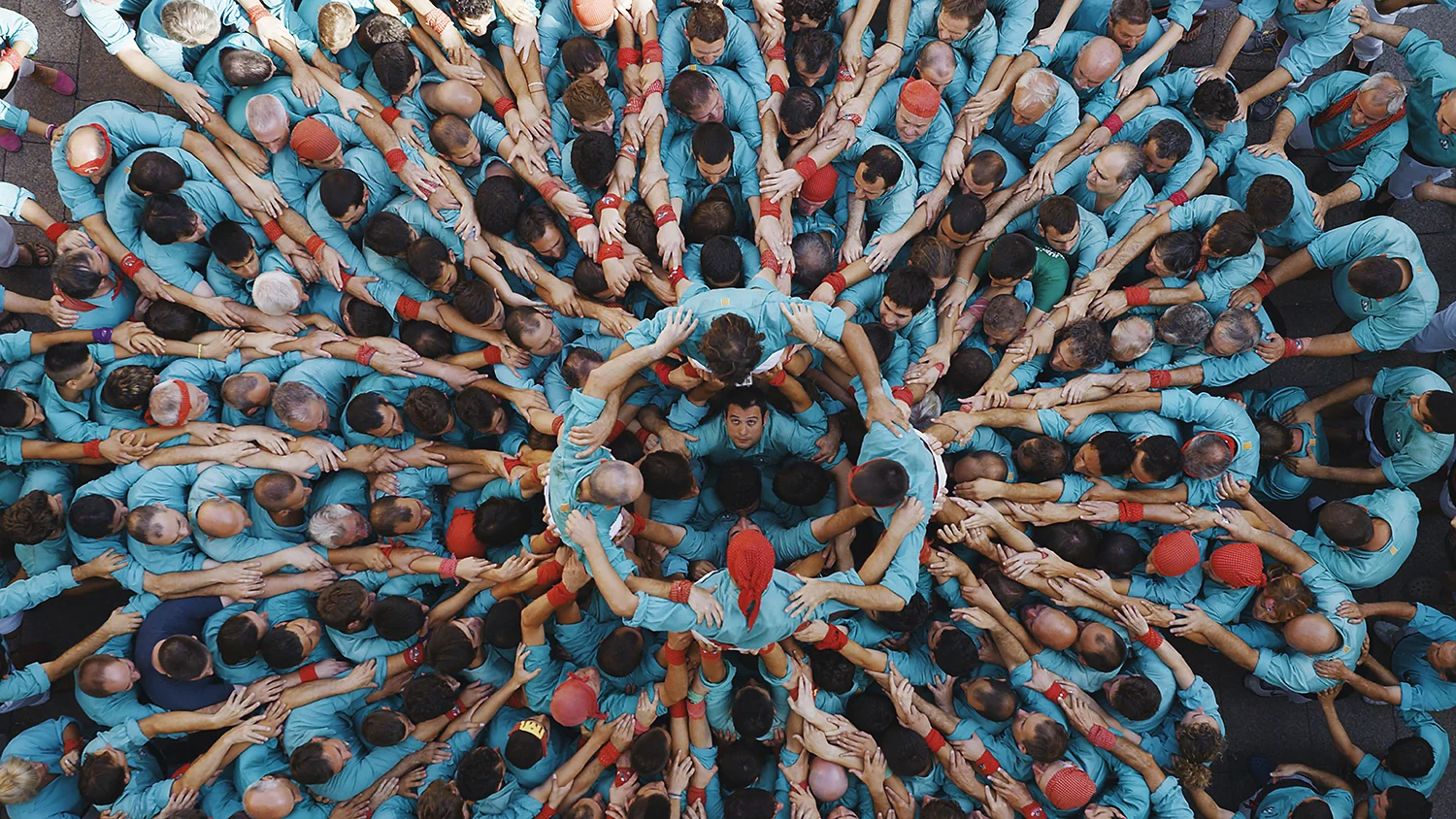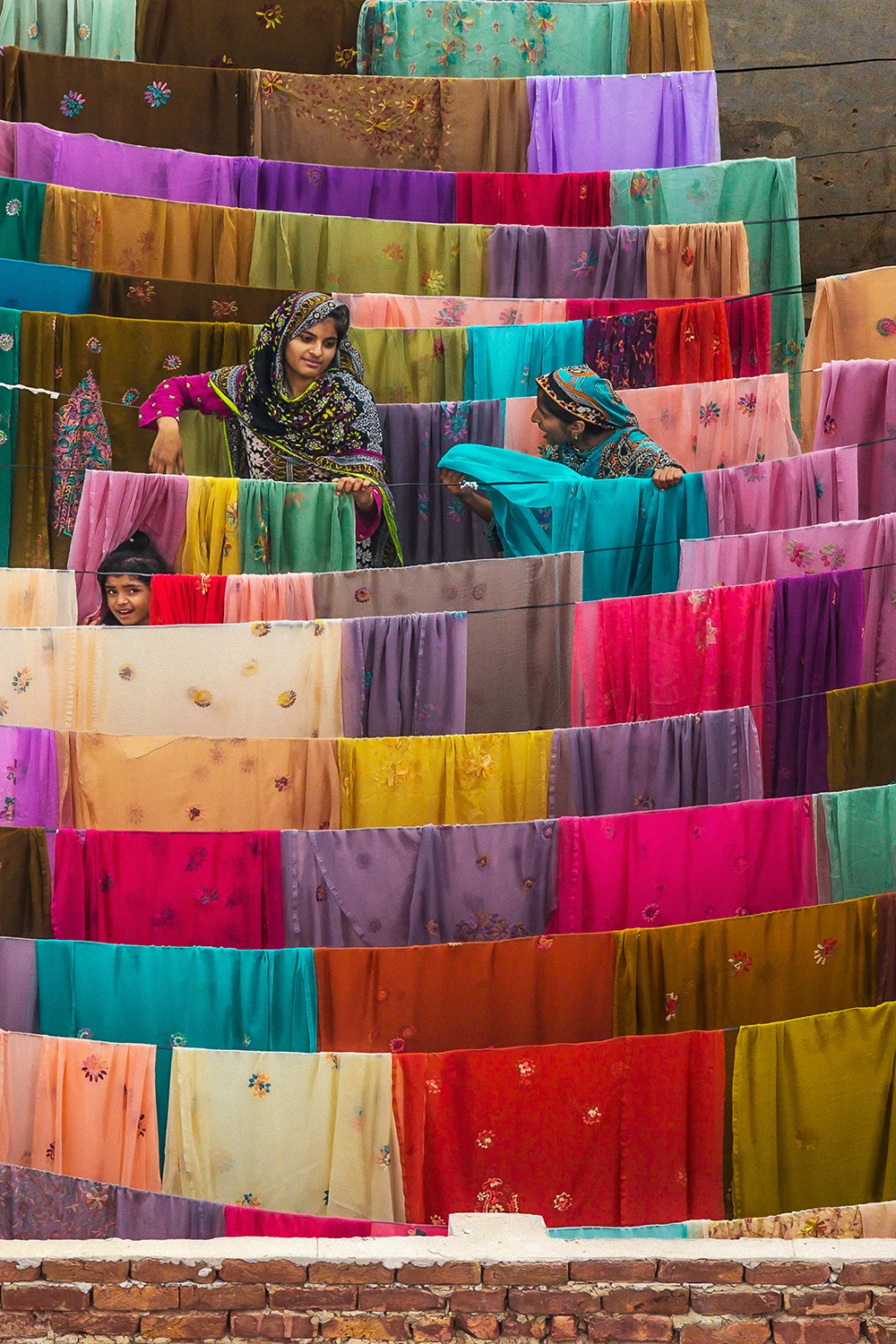
Yann Arthus-Bertrand’s majestic latest film has been described as “love letter to humanity.” Shot over the course of three years in 60 different countries, Yann and his team of translators, journalists and cameramen recorded a staggering 2.020 interviews for Human, which was jointly premiered last autumn at the United Nations and the Venice Film Festival.
He has said he wants the film “to encourage reflection on the human condition, ignite a conversation around the meaning of our existence, and empower people to make social change.”
Yann has built his reputation on creating work that is ambitious in every sense, both soaring in scale and message. Beginning with his 1999 book Earth from Above, he followed up with the films 7 Billion Others, Home and Planet Ocean.
But even by his own sky-high standards, Human is a magnificent undertaking, which aims to tell the story of our planet through the mouths of the people who inhabit it.
Who better though to explain why Human exists and what it wants to achieve, than the filmmaker himself…
I am one man among seven billion others. For the past 40 years, I have been photographing our planet and its human diversity, and I have the feeling that humanity is not making any progress.
We can’t always manage to live together. Why is that? I didn’t look for an answer in statistics or analysis, but in man himself. It is in faces, looks, and words that I find a powerful way of reaching the depths of the human soul. Each encounter brings you a step closer. Each story is unique.

By exploring the experiences of the Other, I was in search of understanding. Do we all have the same thirst for love, freedom and recognition? In a world torn between tradition and modernity, do our fundamental needs remain the same?
Deep down, what does it mean to be human today? What is the meaning of life? Are our differences so great? Do we, in fact, share more values than we might have imagined? And if so, why can we not manage to understand one another?
I wanted to pose these questions and discuss humanity through what, at first, seemed a crazy, utopian project. My crew and I approached the task with a great deal of humility. In the course of two years, we visited 60 countries and recorded some 2,020 interviews in our search for others’ lives – above all, those about whom no one ever talks, and who tell their story here for the first time.
I dreamed of a film in which the power of the words resonates over the beauty of the world. By putting humanity’s ills – poverty, war, immigration, homophobia – at the heart of the film, I made some politically engaged choices. But the interviewees spoke to us about all kinds of topics, from their difficulties in growing up to their search for love and happiness. It is this vast wealth of human discourse which lies at the heart of Human.
This film carries the voice of all the men and women who told me their stories. It is their messenger. I made the film I had dreamed of; my wish now is that everyone can use it in their own way.